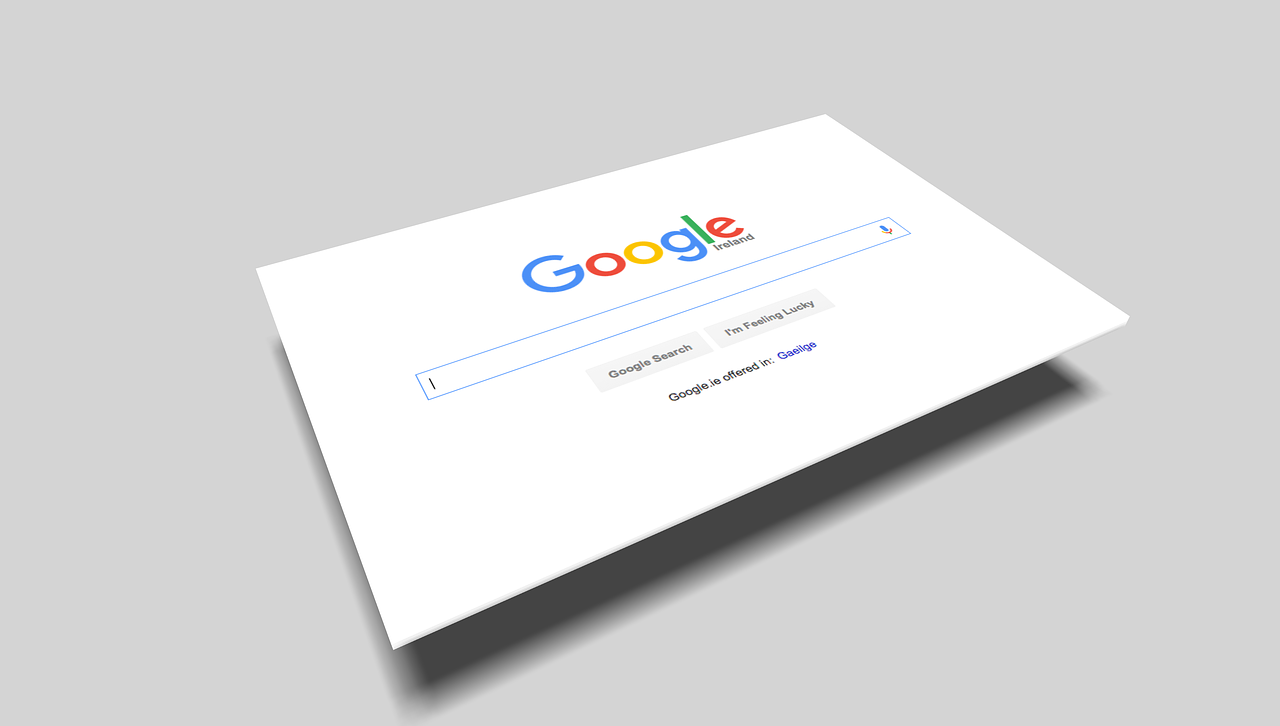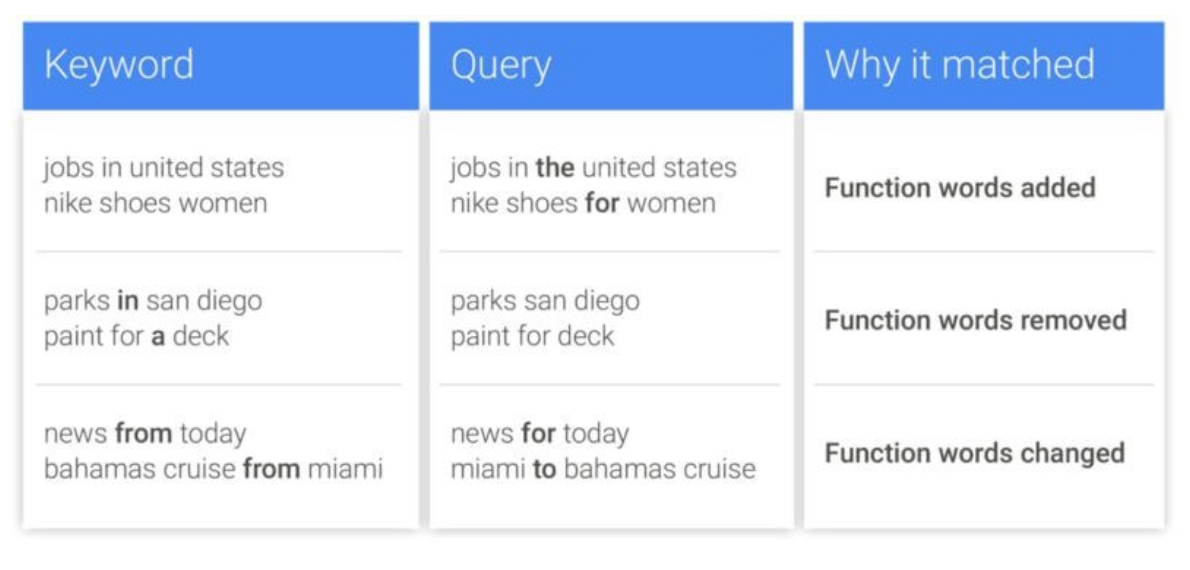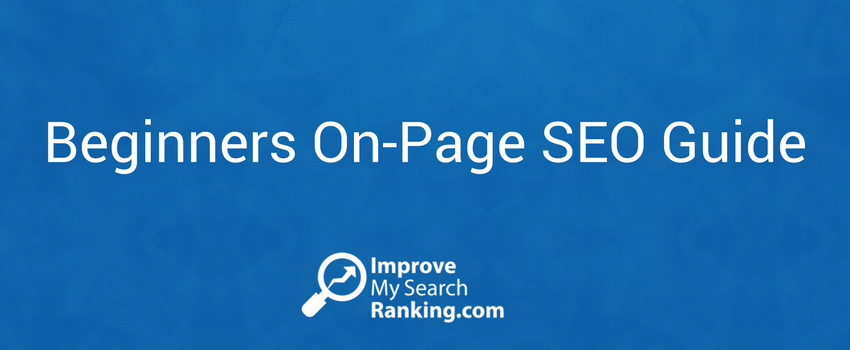
Google AdWords to Change How “Exact Match” Works
What does “exact match” mean?
If you have been in the online marketing industry for any length of time, I bet you can easily answer the question.
“Exact match” means precisely that, exact.
However, now Google has announced a change that is bound to confuse people how exact match works in Google AdWords.
As per the recent announcement by Google, the exact match in AdWords will also include variations in word order and function words. This change has been announced and confirmed by Google and is likely to come into effect within the next couple of months.
Here’s a little background.
It’s perhaps important to note that “exact match” hasn’t been 100% true to its name for the past few years. Since 2012, Google AdWords has been targeting plurals, typos, misspellings, and other similar (small) variations in exact matches. The idea was to save marketers’ times and simplify keyword selection.
However, now with the recent announcement, Google is taking the “automation” a step further. We believe it’s a sign of how much trust Google now has in its machine learning and automated systems. According to Google, early tests have indicated that we should expect a 3% higher exact match click after this change comes into effect.
Here’s some more information about function words and word order that we think you will find useful.
Function words
Function words are words that don’t have any meaning when they are separated from a sentence, e.g., the, that, will, could, would, might, etc.
After this recent change, Google AdWords will be able to change, replace, or ignore function words in the exact match queries.
See the following example for a better understanding.
Word Order
“Word order” is simpler. As per our estimate, it won’t affect advertisers a lot. And, in fact, this could be a good change.
The word order in search queries doesn’t make a lot of difference, for as long as the user intent remains the same — which, we believe, stays intact in most cases.
For instance, men’s dress shirt and dress shirt men mean the same thing and reflect the same user intent.
Final Words
Google claims that it won’t change word order or add/replace/remove function words when it understands that changes would alter the query.
However, our question is will Google truly understand when a query is being altered into something completely different?
This is yet to be seen. Let’s hope for the best. But we’ll know for sure how this change impacts advertisers’ earnings in the next few months.
Stay tuned for more information.









